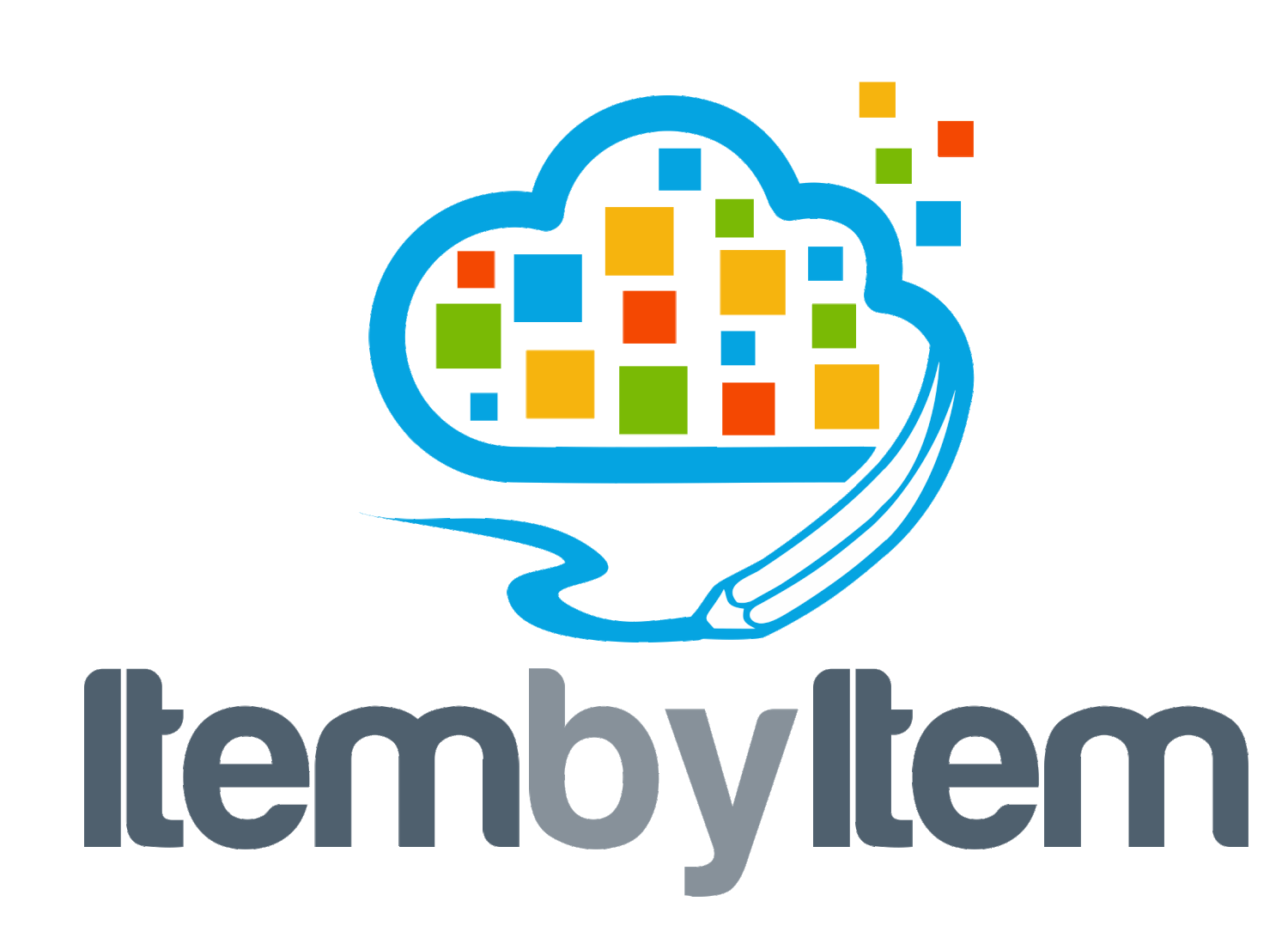Surviving as a Knowledge Worker in the Age of AI
In the ever-evolving digital age, the rise of Artificial Intelligence (AI) has sparked a crucial question for knowledge workers: "How do I maintain my relevance?" The answer lies in leveraging our uniquely human traits and capabilities to work in conjunction with, rather than in competition with, AI. Here are some strategies for surviving and thriving in this new era.
First, focus on your soft skills. While AI can process data and generate outputs with remarkable speed and accuracy, it lacks the quintessential human touch. Business applications require human interaction, empathetic understanding, decision-making skills under uncertainty, and emotional intelligence. These are attributes that cannot be replicated by AI. As a knowledge worker, focus on cultivating these abilities. Become a facilitator who bridges the gap between AI technology and human needs, ensuring the seamless integration of AI tools in a way that enhances, rather than diminishes, the human aspect of business operations.
Second, specialize in creating structure out of unstructured concepts. The value of asking the right questions to AI can never be overstated. AI can provide quick and accurate answers, but it requires well-structured, thoughtful queries to do so effectively. Asking the right questions involves intuition, deep understanding, creativity, and critical thinking—skills that are inherently human and irreplaceable. By refining your ability to prompt AI with the right questions, you become an invaluable asset. In an environment filled with data, the ability to discern what information is relevant and how to acquire it will make you a long-term winner.
Third, become a multifunctional resource—expand your knowledge across multiple fields. As of now, we have AI specializing in specific domains, but Artificial General Intelligence (AGI) that can understand and learn any intellectual task that a human being can is still far-off. Until then, humans must serve as the "connective tissue" linking specialized AIs. Having a broad knowledge base across liberal arts, engineering, technology, and more can provide you with a holistic understanding and enable you to weave together inputs from various AI systems to achieve comprehensive results. This ability to integrate information from diverse sources is uniquely human and will keep you in high demand.
Finally, learn to work with AI. The adage "If you can't beat them, join them" holds true in the age of AI. AI should be viewed not as a threat but as a powerful tool that can augment your capabilities. By learning to leverage AI technology, you can enhance your productivity, improve decision-making, and free up time for tasks that require human ingenuity. Embrace the opportunities that AI presents for co-working and augmentation. Acquiring skills in AI and machine learning can empower you to harness AI's capabilities to your advantage.
In conclusion, the rise of AI is not a signal for knowledge workers to retreat but to reinvent their roles. By investing in soft skills, specializing in unstructured tasks, expanding knowledge across multiple fields, and learning to work with AI, you can not only survive but thrive as a knowledge worker in the age of AI. Remember, it is the human in synergy with the AI that will shape the future. Be that human.

